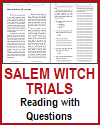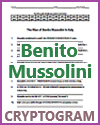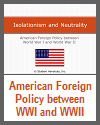The Stamp Act |
|
A general tax measure sparked the greatest organized
resistance. Known as the "Stamp Act," it required all
newspapers, broadsides, pamphlets, licenses, leases, and other
legal documents to bear revenue stamps. The proceeds,
collected by American customs agents, would be used for
"defending, protecting, and securing" the colonies. Bearing equally on people who did any kind of business, the
Stamp Act aroused the hostility of the most powerful and
articulate groups in the American population: journalists,
lawyers, clergymen, merchants and businessmen, North and South,
East and West. Leading merchants organized for resistance
and formed nonimportation associations.
Spurred by delegate Patrick Henry, the Virginia House of
Burgesses passed a set of resolutions in May denouncing taxation
without representation as a threat to colonial liberties.
It asserted that Virginians, enjoying the rights of Englishmen,
could be taxed only by their own representatives. The
Massachusetts Assembly invited all the colonies to appoint
delegates to a "Stamp Act Congress" in New York, held in October
1765, to consider appeals for relief to the Crown and
Parliament. Twenty-seven representatives from nine colonies
seized the opportunity to mobilize colonial opinion. After
much debate, the congress adopted a set of resolutions asserting
that "no taxes ever have been or can be constitutionally imposed
on them, but by their respective legislatures," and that the
Stamp Act had a "manifest tendency to subvert the rights and
liberties of the colonists." Questions with answers in bold: 1. The _____ required all newspapers, broadsides, pamphlets, licenses, leases, and other legal documents to bear revenue stamps. |
| Click here to print this worksheet. |
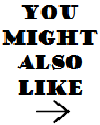 |
|---|
Text courtesy of the U.S. State Department,
Bureau of International Information Programs, 2005 |


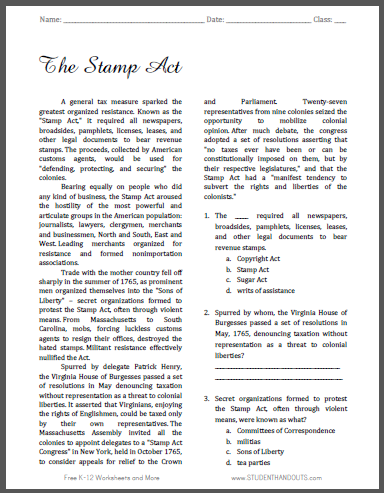 Trade with the mother country fell off sharply in the summer
of 1765, as prominent men organized themselves into the "Sons of
Liberty" – secret organizations formed to protest the Stamp Act,
often through violent means. From Massachusetts to South
Carolina, mobs, forcing luckless customs agents to resign their
offices, destroyed the hated stamps. Militant resistance
effectively nullified the Act.
Trade with the mother country fell off sharply in the summer
of 1765, as prominent men organized themselves into the "Sons of
Liberty" – secret organizations formed to protest the Stamp Act,
often through violent means. From Massachusetts to South
Carolina, mobs, forcing luckless customs agents to resign their
offices, destroyed the hated stamps. Militant resistance
effectively nullified the Act.